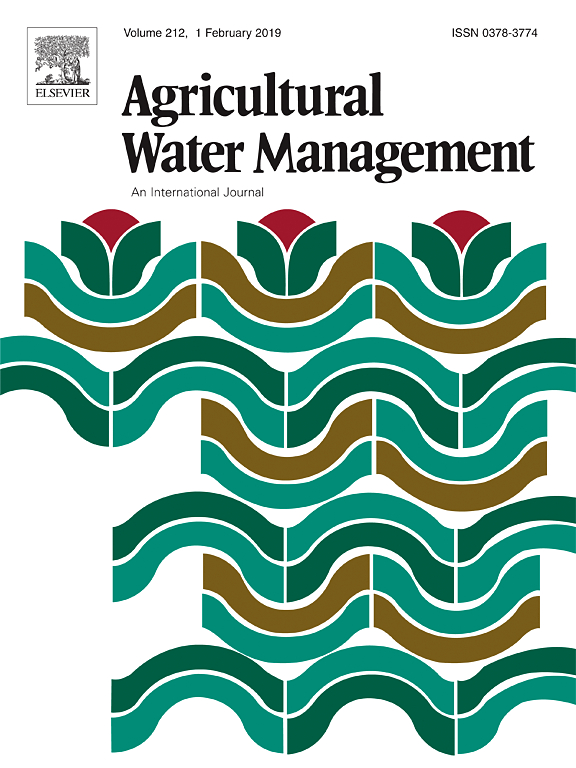Tanzania’s dairy sector is poorly developed, creating reliance on imports for processed, value-added dairy products and threatening food security, particularly when supply chains are disrupted due to market volatility or armed conflicts. The Tanzanian Dairy Development Roadmap is a domestic development initiative that aims to achieve dairy self-sufficiency by 2030. Here, we model different outcomes of the roadmap, finding that adoption of high-yield cattle breeds is essential for reducing dairy import dependency. Avoided land use change resulting from fewer, higher yielding dairy cattle would lead to lower greenhouse gas emissions. Dairy producers’ average incomes could increase despite capital expenditure and land allocation required for the adoption of high-yield breeds. Our findings demonstrate the importance of bottom-up development policies for sustainable food system transformations, which also support food sovereignty, increase incomes for smallholder farmers and contribute towards Tanzania’s commitments to reduce greenhouse gas emissions.
DOI:
https://doi.org/10.1038/s43016-022-00633-5
Altmetric score:
Dimensions Citation Count:
























